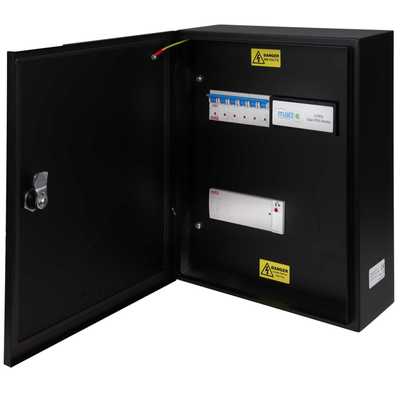- Reaction score
- 10,616
I'm just interested in the technicalities of charging points, specifically with PME supplies, I know there's been a few threads on here, but I just wonder where we are with things currently. Someone posted this vid;
View: https://www.youtube.com/watch?time_continue=807&v=ZedTmlTLH2w&feature=emb_logo
Where I see there's some concern over the forthcoming amendment. Doesn't really go into detail in the vid about the details of the amendment & cause for concern. Can anyone comment?
Where I see there's some concern over the forthcoming amendment. Doesn't really go into detail in the vid about the details of the amendment & cause for concern. Can anyone comment?









